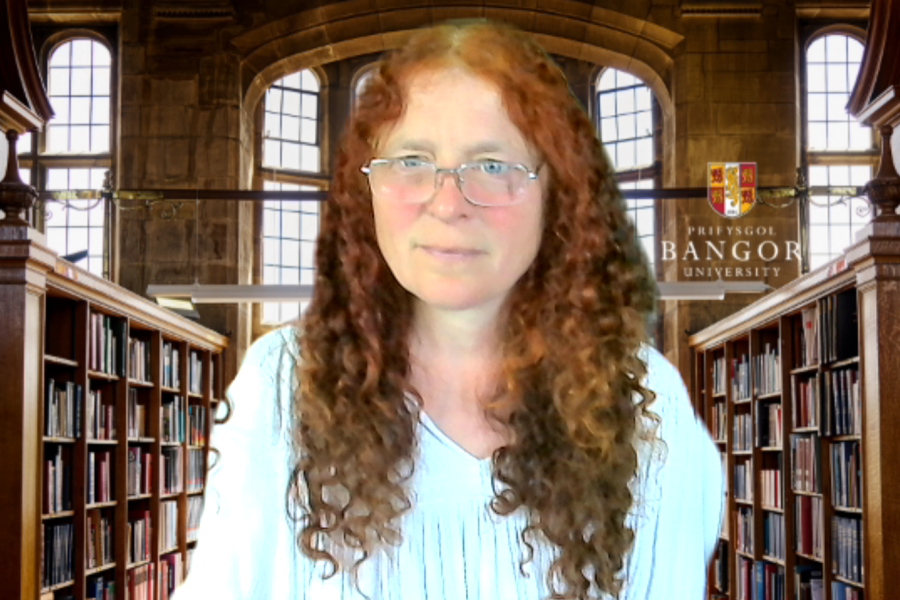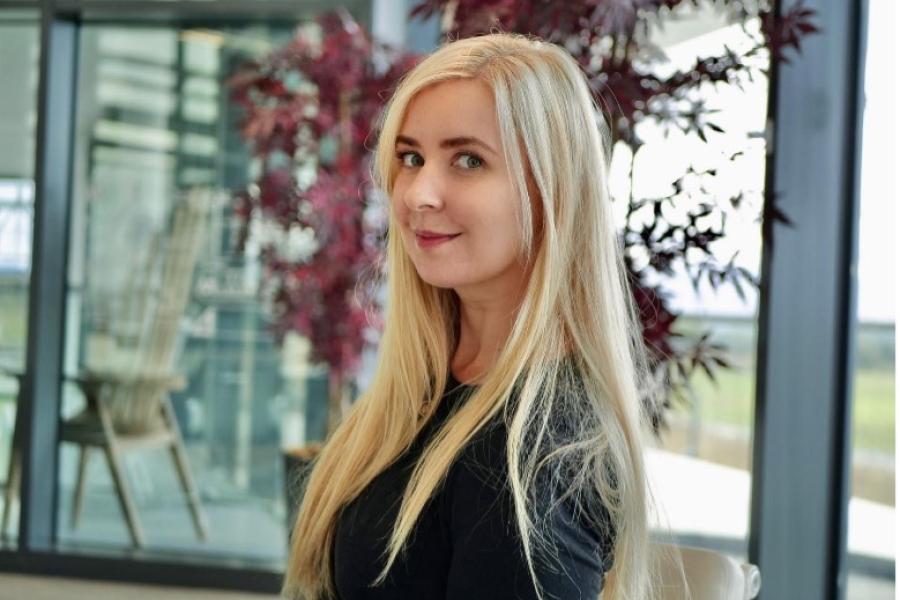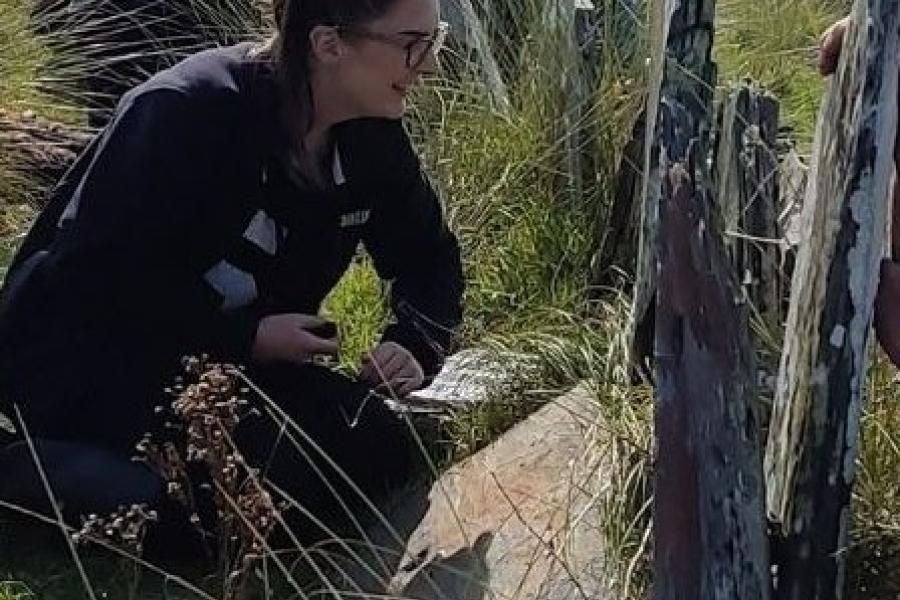Project Overview
This project responded to an established need relevant to tackling the climate emergency: the challenge of getting the public involved and to take ownership of sustainable developments. We employed a Bangor University undergraduate as Media Intern to produce engaging and accessible media to share what we have learned of sustainability and climate change mitigation endeavours in local communities from our recent research in this area. The media offered opportunity to hear from local and underrepresented voices about what may work as regards environmental sustainability in our communities here in Northwest Wales. The project delivered a workshop to gather the thoughts of the community to feed into the media products that could be integrated into teaching and learning settings across subject areas that relate to sustainability.
- Develop media to share our previous research findings of localised community discourse around sustainability and climate change with new audiences.
- Identify what key insights from PloCC research and associated projects are of most interest to the community.
- Integrate the created media into Bangor University modules.
- Offer skills and career development opportunity for the Bangor University postdoc and undergraduate student through the project.
- Developed a two-hour enterprising workshop exploring the barriers and enablers to engaging locally for the climate.
- Delivered the workshop at the Menai Science Park satellite facility on Bangor High Street to ten attendees.
- Integrated project outputs into the third year-module, Language and Communication in the Digital Age (QXL-3343).
- Our media intern developed a blog post, a podcast, short videos, and an internship reflection.
Barriers to engaging for the climate include:
- Lectures, lengthy written pieces, and the cost of living sustainably.
- Participants spoke about the ways in which media is often negative to foster the ‘shock effect’, which can disengage those who do not want to see or hear discouraging news.
- The term sustainability itself can cause confusion and oftentimes it is not explained or given context.
- Buzz words and ineffective framing of the problem.
- Top-down approaches and the ways in which governing bodies emphasise the need for change but do not act upon it.
Facilitators to engaging for the climate include:
- Bottom-up approaches and giving power and agency to communities to bring about the changes they want to see.
- Giving options and an understanding that everyone cannot do everything.
- Climate-positive businesses and business practices, giving consumers more of a choice.
- Changing the narrative and being positive by reflecting on what can be done.
- Making the green choice affordable and accessible.
Media
Workshop
Workshop: Selling Sustainability
Friday 3rd May, 2pm to 4pm.
M-SParc On Tour, 204 Bangor High Street.
We organised a workshop to explore how participants would engage more with climate change and how they might sell sustainability to others, inviting sharing views and thoughts.
The event was an opportunity to take part in a workshop that brought together enterprising thinking and climate action. It did not matter what participants were are or had studied and there was no need to know anything in advance – we wanted to share new ideas about ways of connecting with the important subject of climate change.
Participants learned how to effectively sell sustainability using entrepreneurial thinking. The workshop provided opportunity to think of new ways to promote sustainability for the climate, including the barriers and facilitators to communicating climate action.
The interactive workshop invited delegates to share their thoughts on what makes them not interested in climate matters as well as what would make them engage and how they personally would sell sustainability. The workshop was opened by Dr Beth Edwards, Enterprise Education Development Co-Ordinator who introduced the Lego Workshop. Delegates were invited to make a model to represent themselves and their skills, and then feedback what it represented to the group.
The Research Team
Principal Investigator
Researchers
Looking ahead
Looking ahead



